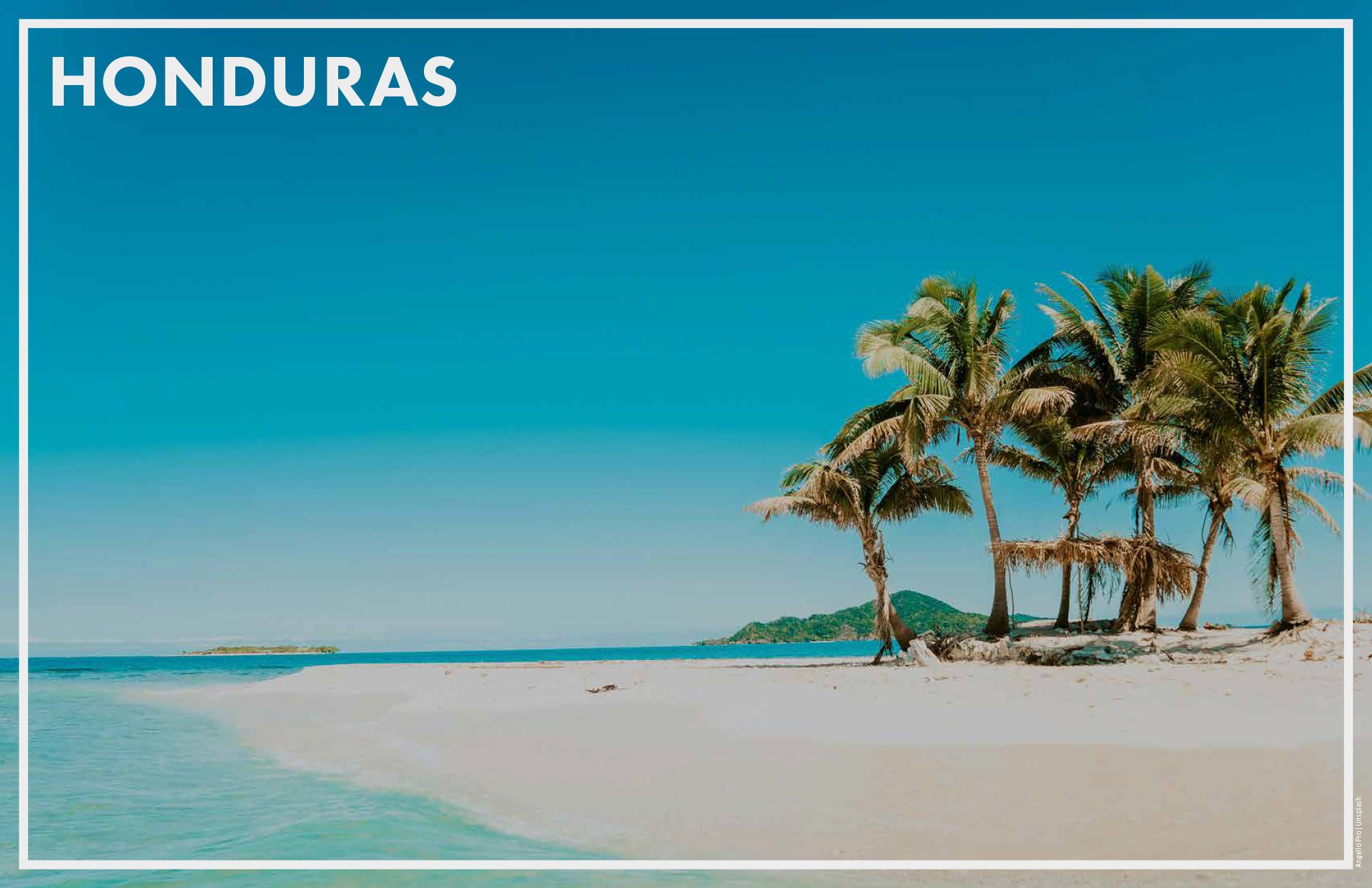The Republic of Honduras is located on the Central America Isthmus, with a northern coastline on the Atlantic Caribbean Sea and a small coastline on the Pacific Ocean to the south. The Exclusive Economic Zone (EEZ, 249,542 km2) is extensive in the Caribbean, and the total national territorial waters represent twice the area of the land. In contrast, the Pacific extent of the EEZ is contained within the Gulf of Fonseca and does not extend to open waters. Honduras hosts the southern end of the Mesoamerican Barrier Reef System (MBRS), which terminates in the Bay Islands. Fishing contributes around 5% of the country’s gross domestic product (GDP), though aquaculture is the main source of fisheries products. The Honduran national industrial fishery began in the 1950s, having previously been dominated by foreign fleets, mostly the United States (FAO, 2002). Shark fisheries in Honduras were historically small-scale and concentrated in coastal shallow waters and Miskito Cays of the Caribbean. There was an effort by the Western Central Atlantic Fisheries Commission (WECAFC) to develop the fishery in the 1970s, but the effort did not see substantial response. In 2011, the country was declared a Shark Sanctuary, but with limited consultation and socialisation of the law. To accommodate the traditional fishers in the Miskito Cays, the law was amended in 2016 to allow landing of incidental captures. In the Pacific, rays and sharks are landed in cimbra/simbra (small hook longlines) and gillnet fisheries for local consumption. Although sharks and rays in the Caribbean are landed and exported, there is no reporting or official monitoring of catches or landings.

